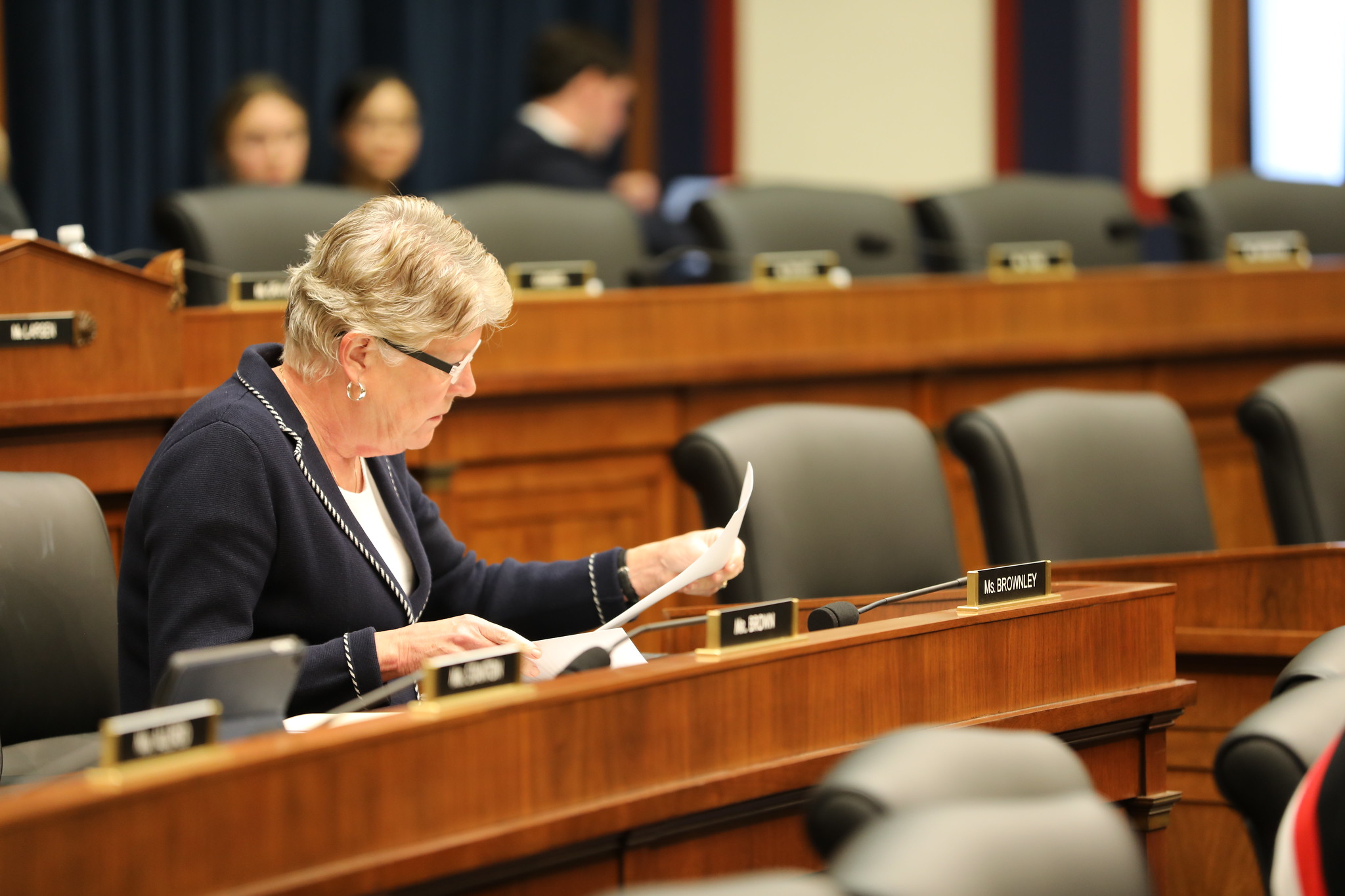
Washington, DC – Today, Congresswoman Julia Brownley (D-CA) introduced the Offshore Pipeline Safety Act, which would address the lack of proper oversight of active and decommissioned offshore oil and gas pipelines.
“Across our nation’s coastlines, thousands of miles of decommissioned oil and gas pipelines have been left to decay on the seafloor, posing risks to our marine ecosystems and our fisheries,” said Congresswoman Julia Brownley. “We must do more to ensure that decommissioned pipelines are cleaned up properly. We must also ensure that active wells are properly monitored, including requiring advanced leak detection systems to prevent disasters from occurring.
“Along California’s Central Coast, we have seen terrible tragedies that resulted from lax oversight, including the 1969 Santa Barbara oil spill,” continued Congresswoman Brownley. “The scars of this catastrophic event are still visible and continue to have a resounding impact on our region’s environment. As of right now, the Department of Interior’s Bureau of Safety and Environmental Enforcement (BSEE) does not have a comprehensive and effective process to address the environmental and safety risks posed by leaving decommissioned pipelines in place on the seafloor. My bill takes proactive measures to ensure that our coastlines are protected from the resulting hazards.”
Background
The Offshore Pipeline Safety Act is based on recommendations from a Government Accountability Office (GAO) report released in March 2021, titled Offshore Oil and Gas: Updated Regulations Needed to Improve Pipeline Oversight and Decommissioning. The report also found that 18,000 miles of pipelines in the Gulf of Mexico – more than 97 percent of the total in the region – have been “decommissioned in place” since the 1960s, meaning fossil fuel drillers left them on the seafloor without any plan to subsequently remediate or remove them.
The Offshore Pipeline Safety Act would require the Department of Interior’s Bureau of Safety and Environmental Enforcement (BSEE), which is the main agency that regulates offshore oil and gas operations, it would require this agency to:
- Finalize regulations requiring pipeline owners to provide for biannual, third-party inspection of pipelines and to equip pipelines with leak detection systems.
- Conduct a study jointly with the Bureau of Ocean Energy Management to evaluate environmental risks with leaving decommissioned pipelines on the seafloor.
- Consider environmental impacts and navigational hazards of issuing a permit to an owner that would allow for a decommissioned pipeline to be left on the seafloor.
- Continually monitor the condition and location of pipelines that are decommissioned and left on the seafloor.
- Charge an annual pipeline owners fee of $10,000 per mile for pipelines at a depth of 500 feet or greater and $1,000 per mile for pipelines below 500 feet. This fee would go towards decommissioning or removing pipelines in the event an owner files for bankruptcy.
- Remove or properly secure any decommissioned pipeline that it identifies as having exposed segments.
- Conduct a study addressing environmental risks of chemical products used in oil and gas operations.
Read the text of the bill, here.
###
Issues: 118th Congress, Energy and Environment, Environmental Protection